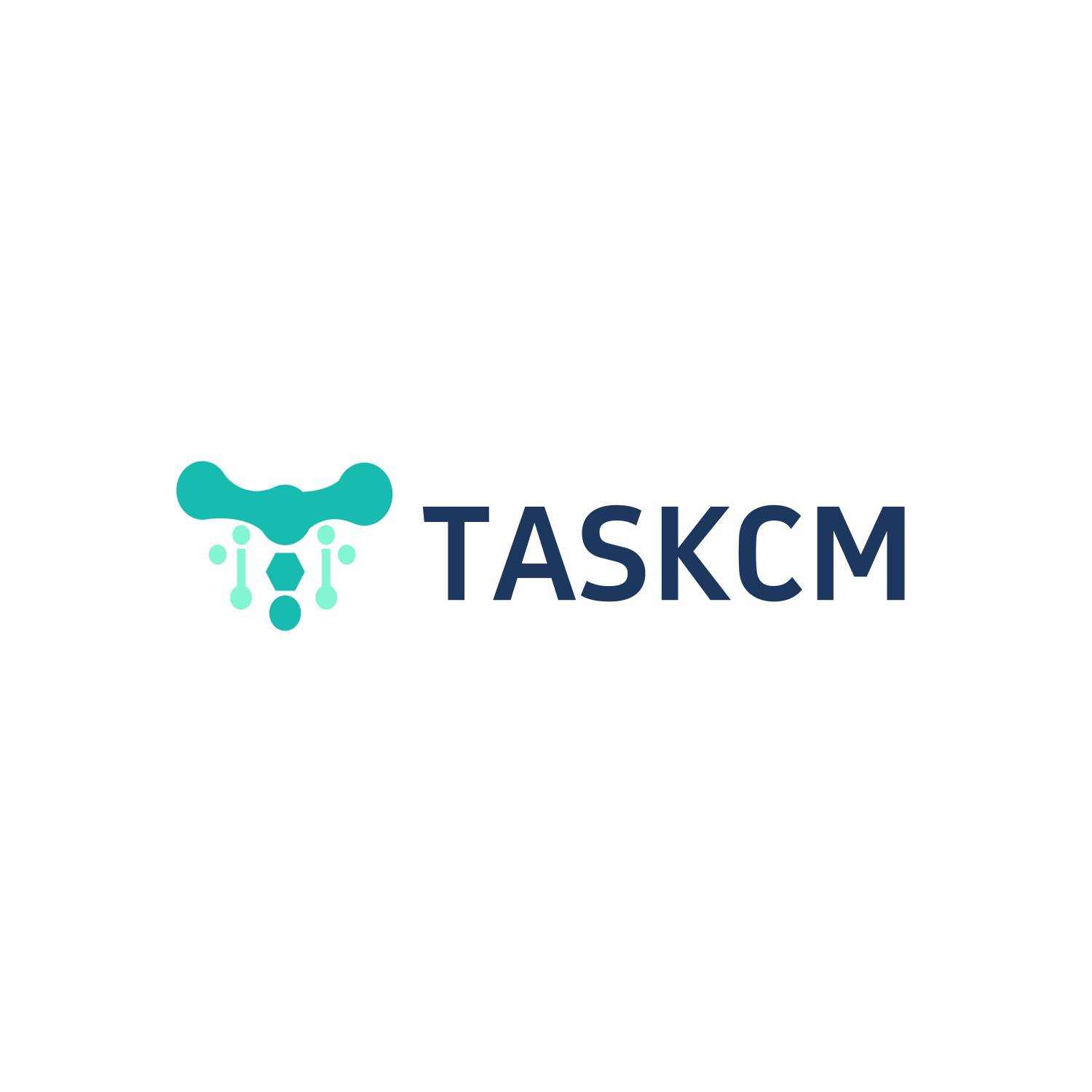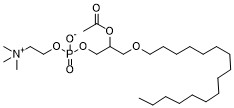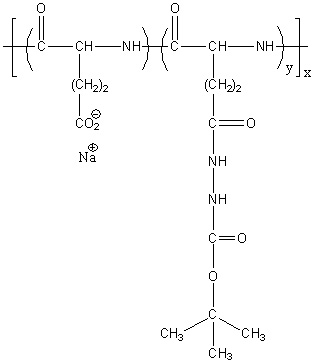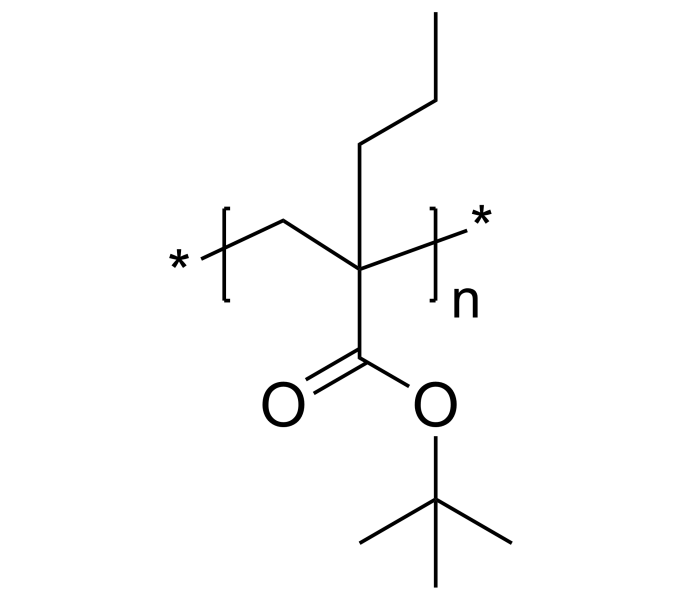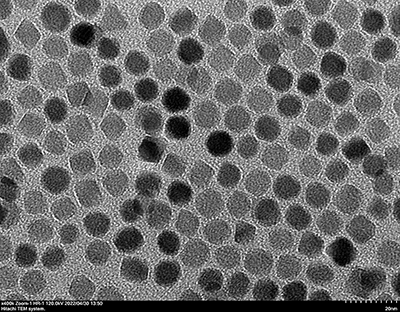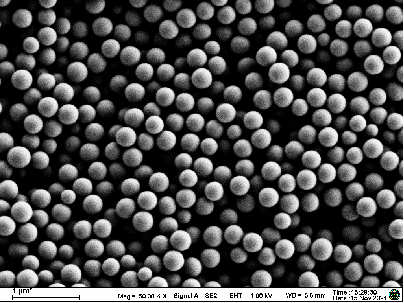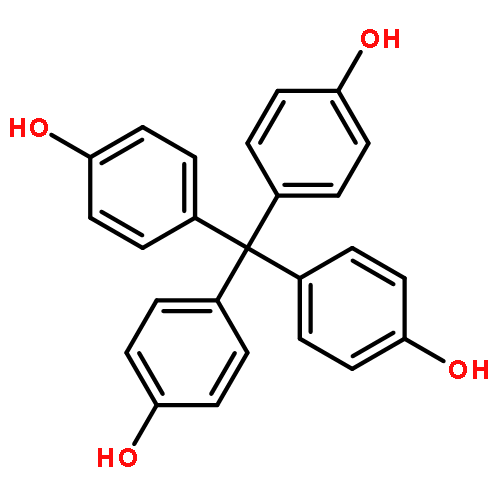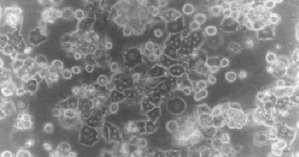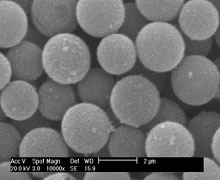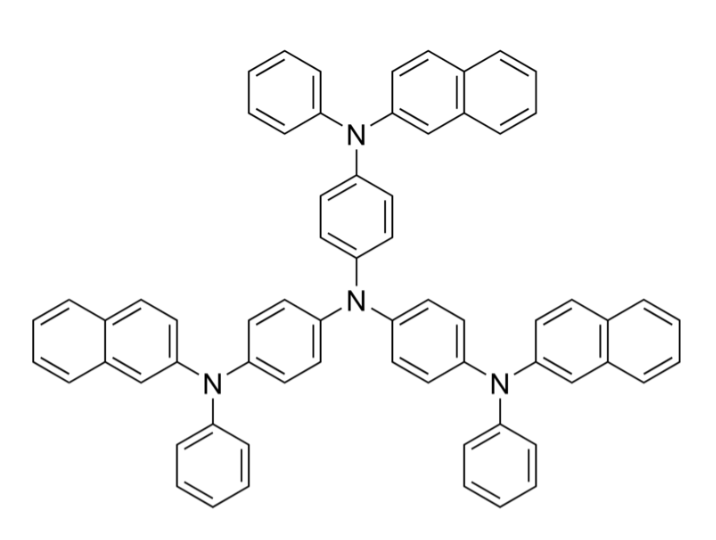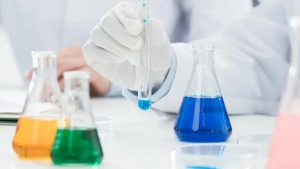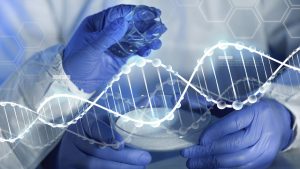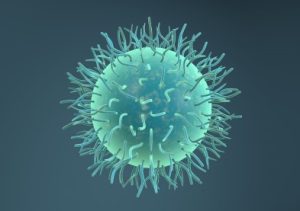In recent years, the research on lipids has become a popular realm to understand various diseases, including cancers, among which Renal Cell Carcinoma (RCC), a kind of common kidney cancers, has attracted significant attention. In order to unravel the intricate relationship between lipids and the development and progress of RCC, researchers explore the lipidome of RCC patients using innovative techniques with cut-edging tools. In this article, we will dig into the role lipids play in RCC.
About Lipids
Lipids are a broad group of organic compounds. Acting as a structural component of cellular membranes, they provide structural integrity and play an important role in energy storage, insulation and cell signal transduction. Apart from that, they can also act as signaling molecules participating in complex cellular processes, including proliferation, differentiation, and apoptosis.
What is Lipidome
An innovative technique to explore the lipidomics of clear cell renal cell carcinoma (ccRCC) using MALDI-MSI and HPLC-MS unveiled in a recent research. Combining the power of high-performance liquid chromatography-mass spectrometry (HPLC-MS) and matrix-assisted laser desorption/ionization mass spectrometry imaging (MALDI-MSI), this technique can help us to further explore the lipid composition and spatial distribution in ccRCC tissue samples.
As a rapidly developing research realm, Lipidomics focuses on the complex lipid profiles in biological samples. Abnormal lipid metabolism is related to several diseases, including cancers. Researchers are able to find out the potential lipid biomarkers and better understand the potential molecular mechanisms that drive disease progress by analyzing the lipidome.
The combination of HPLC-MS and MALDI-MS offers a unique advantage. HPLC-MS can be used for comprehensive lipid analysis by separating the complex lipid mixtures into individual components and identifying them according to the mass-charge ratio, while MALDI-MSI makes the visualization and mapping of lipid distribution in tissue section possible by providing spatial information.
The technique can be used to explore the lipidomic changes in ccRCC tissue samples obtained from patients. The researchers analyzed multiple kinds of lipid species, including glycerophospholipids, sphingolipids, and glycerolipids etc. They could identify specific lipids and their spatial distribution in the tumor microenvironment by using HPLC-MS and MALDI-MSI.
The research unveiled the intricate lipidomic changes in ccRCC and different lipid profiles between tumor and adjacent non-tumor tissues, and emphasized the potential of lipids acting as diagnostic and prognostic markers for ccRCC. In addition, the spatial information provided by MALDI-MSI can be used to identify lipid hotspots in the tumor that indicates they are involved in tumor biology and can be served as therapeutic intervention targets.
The combination of HPLC-MS and MALDI-MSI brings about the power to unravel the lipidome complexities by combining different analytical techniques. The comprehensive lipid characterization and spatial visualization could offer the valuable tools for lipidomic study in a variety of research areas, including cancer research, biomaker discovery and disease mechanism understanding.
Lipidome of RCC
Phospholipids: As a major class of lipids, Phospholipids are important components of cellular membranes. Researchers have observed the altered levels of certain phospholipids in RCC. Researchers reported that the levels of phosphatidylcholine (PC) and phosphatidylethanolamine (PE) in RCC tissues have increased. The changes in hospholipid composition are likely to influence membrance liquidity, cell signal transduction and other key processes related to cancer progress.
Sphingolipids: Sphingolipids are another important lipid class related to RCC. For instance, ceramides have been found to be dysregulated in RCC samples. Ceramides play a variety of roles in cell growth, apoptosis and inflammation. The change of ceramide metabolism may lead to the dysregulation of cellular processes and facilitate RCC development and progress.
Sterol Lipids: Sterol lipids, such as cholesterol and its derivatives, play a key role in integrity maintenance and fluidity regulation of cellular membrane. Research has indicated that dysregulation of cholesterol metabolism in RCC with altered levels of cholesterol and cholesterol esters may impact the properties of cell membrane and signaling pathways, thus influence RCC pathogenesis.
The research on the impact of lipids on Renal Cell Carcinoma is a key approach in cancer research. Scientists have found out the information about lipidome of RCC patients using the innovative techniques, highlighting the effect of lipids in cancer development and progress. As we discover the complex interaction between lipids and RCC, we get more advanced diagnostic tools for targeted treatment. For example, the study on lipids in RCC let us know how interdisciplinary research changes our understanding of cancer biology and make for patient care.

